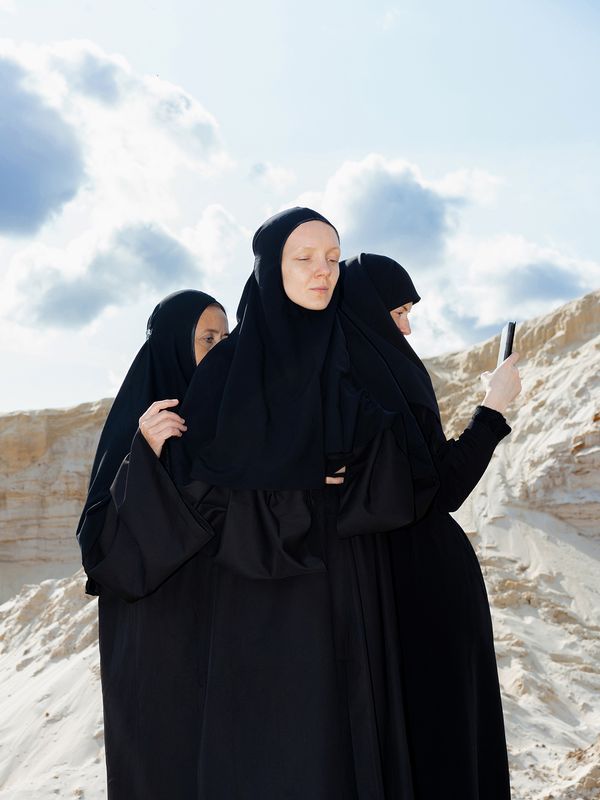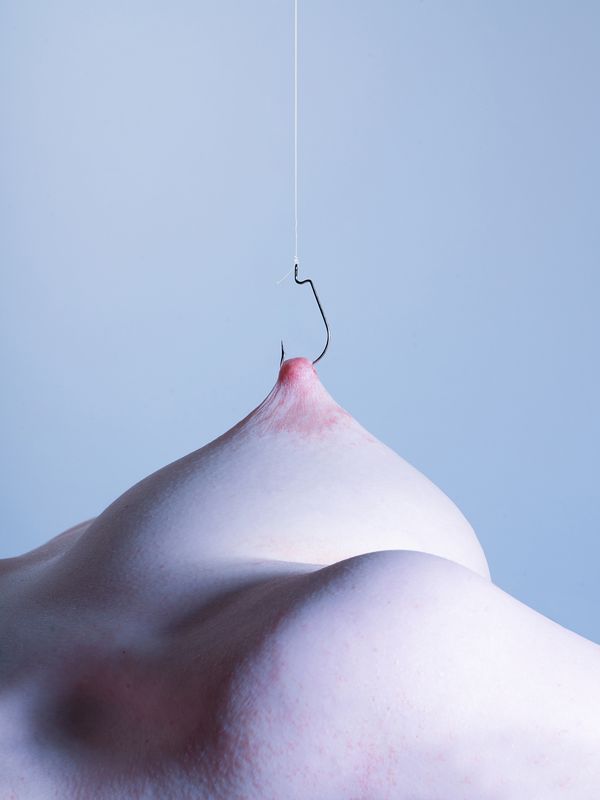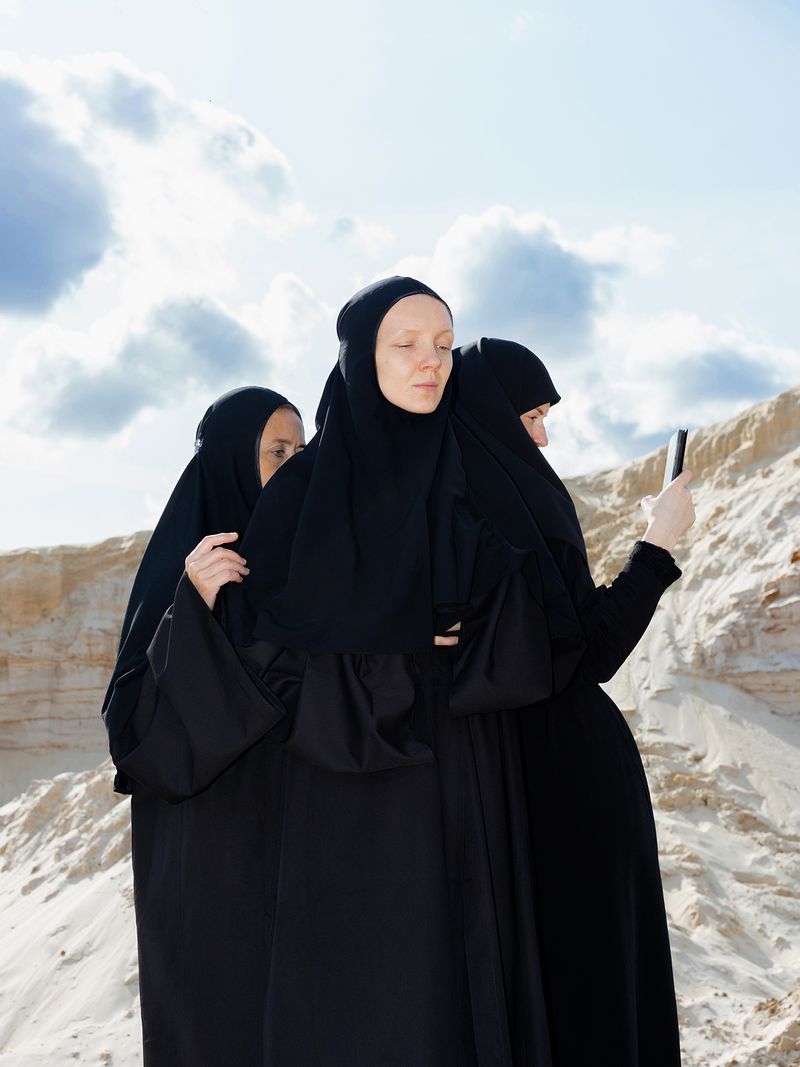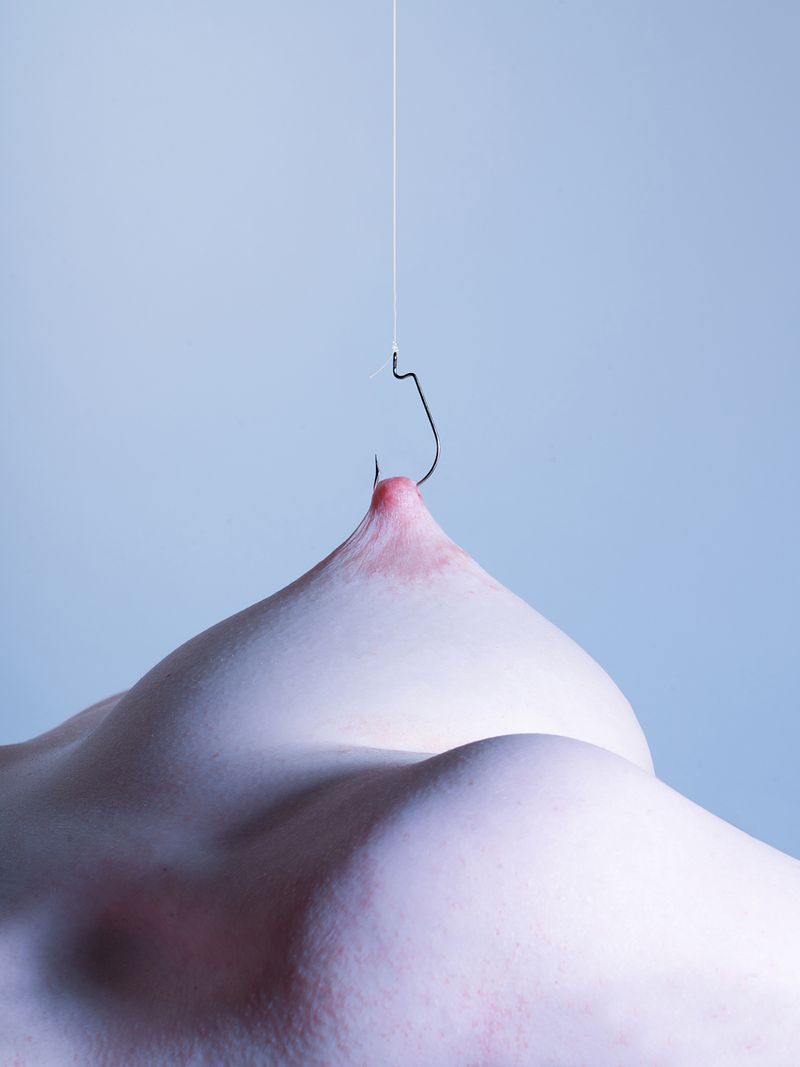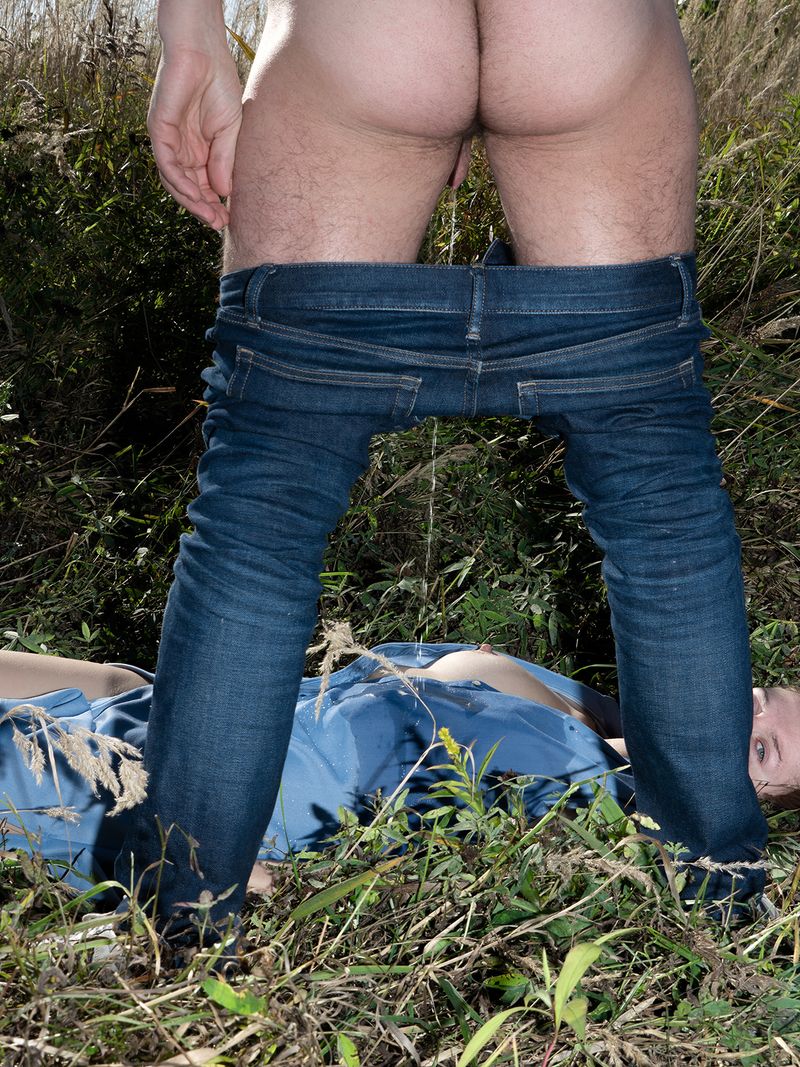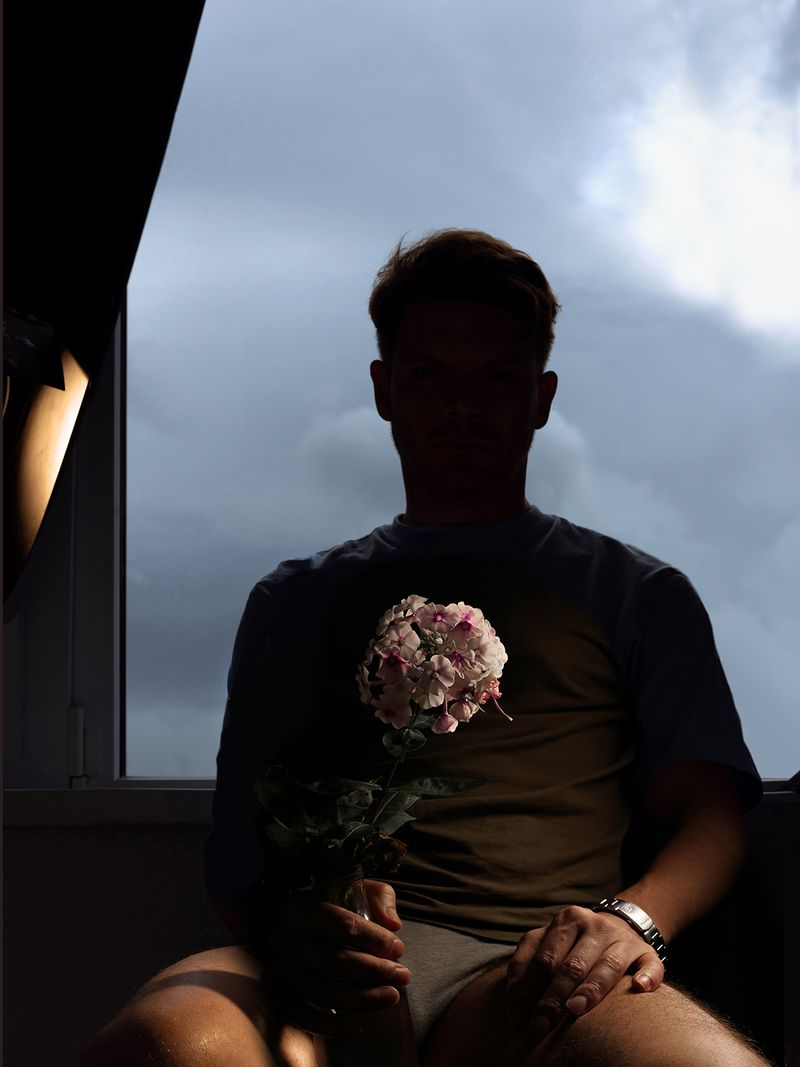Healing the Ambiguity of a Rigid Philosophy
-
Published12 Jul 2021
-
Author
By observing her memories from a standpoint she does not believe in, Irina Shkoda reconciles with traumas and gets rid of meanings she always felt imposed on her.
By observing her memories from a standpoint she does not believe in, Irina Shkoda reconciles with traumas and gets rid of meanings she always felt imposed on her.
As a child, I was to read the psalm of David twice a day, morning and evening, according to the prayer rule.
Then I felt my personhood through pain: “…the subject (since Christianity) is the one who suffers. Where there is a wound, there is a subject” says Roland Barthes in “A Lover’s Discourse: Fragments”. Now I am reviewing my memories from new perspectives. But no new self-definition (for example, atheist; feminist; spectator) takes me completely out of the Christian paradigm, where agency derives from pain and trauma.
God, as a projection of my rejecting father, made me want to attract attention through sin. The very word “sin” has always had a sexual connotation for me. From the text of the New Testament, I learned that God did not come to the righteous, but sinners, and this determined the strategy of my behaviour for many years. Mary Magdalene became an example I would follow as a woman who lived outside of taboos. Sin was interpreted by me as rebellion, new sincerity, and the right to subjectivity.
In this project, I decided to recreate some significant events from my life through photography, to look at them from the outside, as does God I don’t believe in.
Each frame corresponds to both a traumatic memory and a line from the psalm.
Words and Pictures by Irina Shkoda.
--------------
Irina Shkoda is a visual artist based in Moscow, graduated from the School of Modern Photography Docdocdoc in 2019. An important part of her work is dedicated to long-term projects contemplating the notion of the sacred and the associated taboos, inspired by her adolescent experience of living in a convent. Find her on PHmuseum and Instagram.
---------------
This feature is part of Story of the Week, a selection of relevant projects from our community handpicked by the PHmuseum curators.
